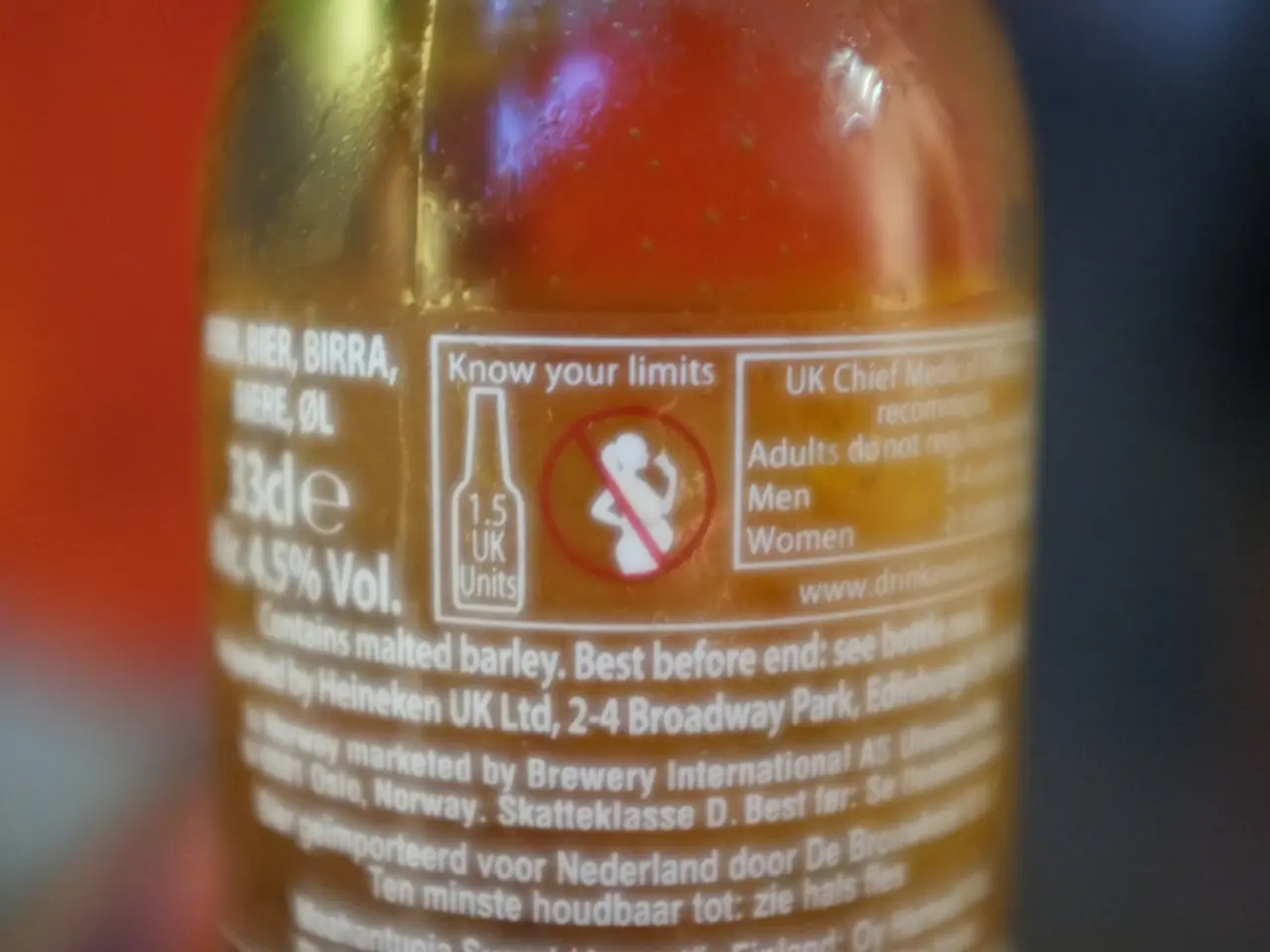Groundbreaking HIV prevention approach receives approval in the US - Approval granted for innovative HIV prevention medication in the USA
Let's dip into the latest development in the battle against HIV - the approval of a groundbreaking drug, Lenacapavir, in the US.
The drug, which displays a protection rate of 99.9%, like a vaccination, is a significant stride forward in HIV prevention. However, it comes with a hefty price tag of $28,000 (roughly €24,000) per person per year. Despite the high cost, experts predict that production costs hover around $40.
But what about those who can't afford it? That's the burning question on everyone's lips. Gilead, the company behind Lenacapavir, has made a commitment to provide the drug at no profit in low-income countries until generic versions hit the market. However, the reality is that millions of HIV-infected individuals reside in countries where an affordable Lenacapavir will be a pipe dream for the foreseeable future.
Critics are quick to point out this glaring disparity. But there's a glimmer of hope. Gilead has sprung into action, submitting applications for regulatory approval not just in wealthy markets but also through programs like the European Medicines Agency's EU-Medicines for All (EU-M4all). This initiative is designed to expedite access to medications, including Lenacapavir, in low- and middle-income countries.
Moreover, Gilead has been proactive in preparing healthcare systems worldwide. They've developed educational tools and engagement strategies with healthcare professionals to ease the integration of Lenacapavir in diverse healthcare settings, including those in low-income countries.
In essence, their approach to making Lenacapavir accessible for populations at risk of HIV infection in low-income countries includes:
- Providing the drug at no profit during the initial period until generics are available.
- Utilizing special regulatory access programs like EU-M4all to speed up introduction in low- and middle-income countries.
- Supporting health system readiness and education to facilitate adoption in these regions.
While this is refreshing news, we must remain vigilant and keep the pressure on for affordable and accessible HIV prevention options for everyone, everywhere. After all, it's a human right.
- USA
- Immunodeficiency disease AIDS
- Drug
- HIV
- HIV infection
- FDA
- The Commission, recognizing the significance of Lenacapavir in the fight against HIV, may consider initiating a procedure for the adoption of a proposal for a directive, aiming to approximate the laws of Member States regarding the accessibility of costly drugs like Lenacapavir, ensuring those with HIV infection in various economic settings have equal opportunities.
- In light of the approval of Lenacapavir, it's crucial to explore scientific advancements in the field of immunodeficiency diseases that might lead to more affordable treatments for chronic diseases such as cancer, respiratory conditions, digestive health issues, eye health, hearing problems, and skin conditions, all of which may affect victims of HIV.
- As Lenacapavir's adoption becomes a reality, mental health, nutrition, and cardiovascular health should be considered alongside fitness and exercise to ensure a holistic approach to maintaining the overall health and wellness of those living with HIV.
- While Lenacapavir offers hope for the prevention of transmission, the drug's high cost may exacerbate the risks related to exposure for individuals with autoimmune disorders and other medical conditions, demonstrating the importance of affordable and accessible healthcare for all.
- Parallel to the development of Lenacapavir, medical research could focus on nutrition and its role in boosting immune system resilience, contributing positively to the health of those with HIV and potentially reducing the risk of other chronic diseases like cancer, diabetes, and heart disease.
- Lenacapavir's approval sets a precedent for pharma companies to prioritize the affordability of drugs, with an emphasis on mental health treatments, given the increasing recognition of the correlation between mental health and physical well-being for individuals living with HIV.
- With the production costs of Lenacapavir far lower than the selling price, questions arise about the role of pharmaceutical companies in addressing health disparities and ensuring affordable access to essential drugs like Lenacapavir, not just in the US but across the globe.
- As more potent HIV prevention options come to light, science should continue to explore and emphasize the importance of overall health and wellness, including fitness and exercise, nutrition, mental health, and the prevention and management of chronic diseases like cancer, cardiovascular disease, and autoimmune disorders, to ensure the best possible quality of life for those living with HIV.






